It was a full house at The Australian Archaeological Institute at Athens (AAIA) at the University of Sydney on Thursday, April 20 for an informative lecture by Dr Leon Saltiel on the history of the Jewish community in the Greek city of Thessaloniki.
The lecture was held to mark the 80th anniversary since the deportation of Thessaloniki Jews to the Nazi death camp of Auschwitz-Birkenau between 15 March and 10 August 1943.
As the event was organised by the Consulate General of Greece in Sydney and supported by the Greek Orthodox Archdiocese of Australia and the NSW Jewish Board of Deputies, there were a number of official guests in attendance on the night.
This includes the Consul General of Greece in Sydney, Ioannis Mallikourtis; Archbishop Makarios of Australia; the NSW Minister for Multiculturalism, Steve Kamper MP; the CEO of the NSW Jewish Board of Deputies, Darren Bark; and the current Director of the AAIA, Dr Stavros Paspalas; among many other distinguished Greek and Jewish community leaders.
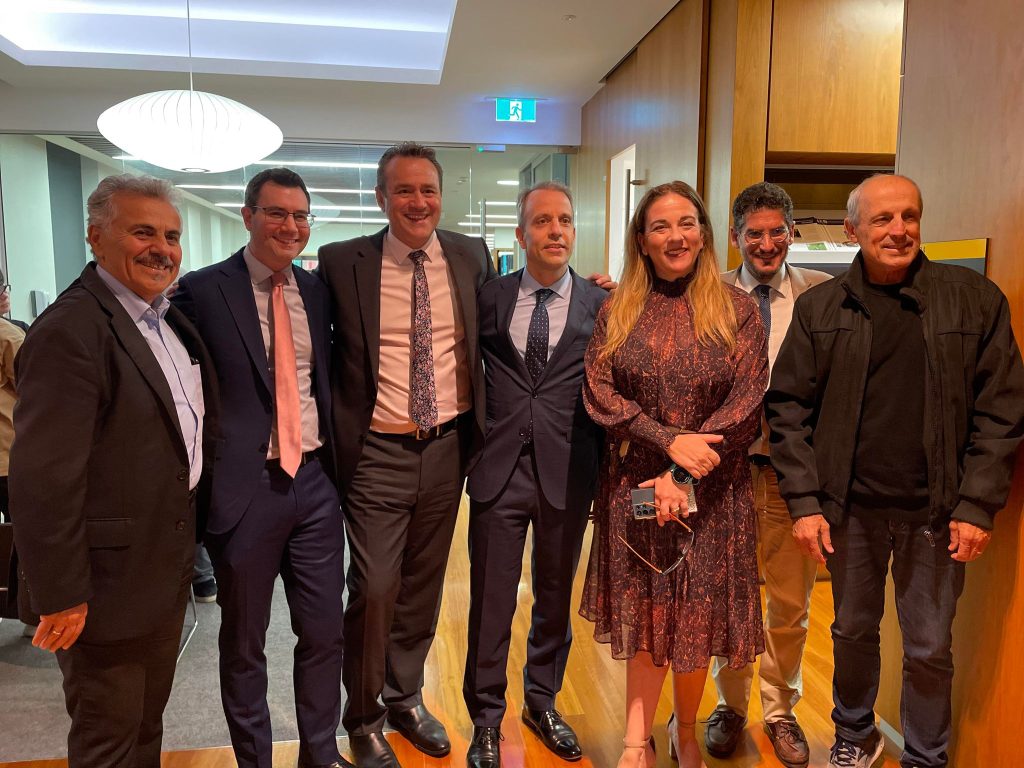
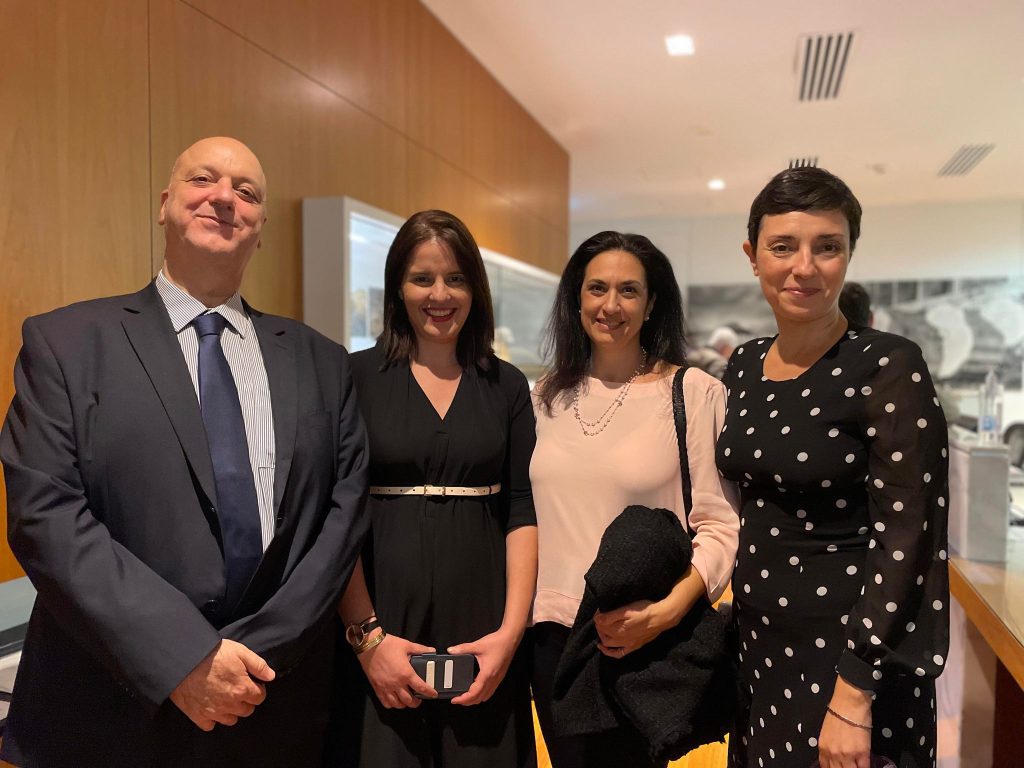
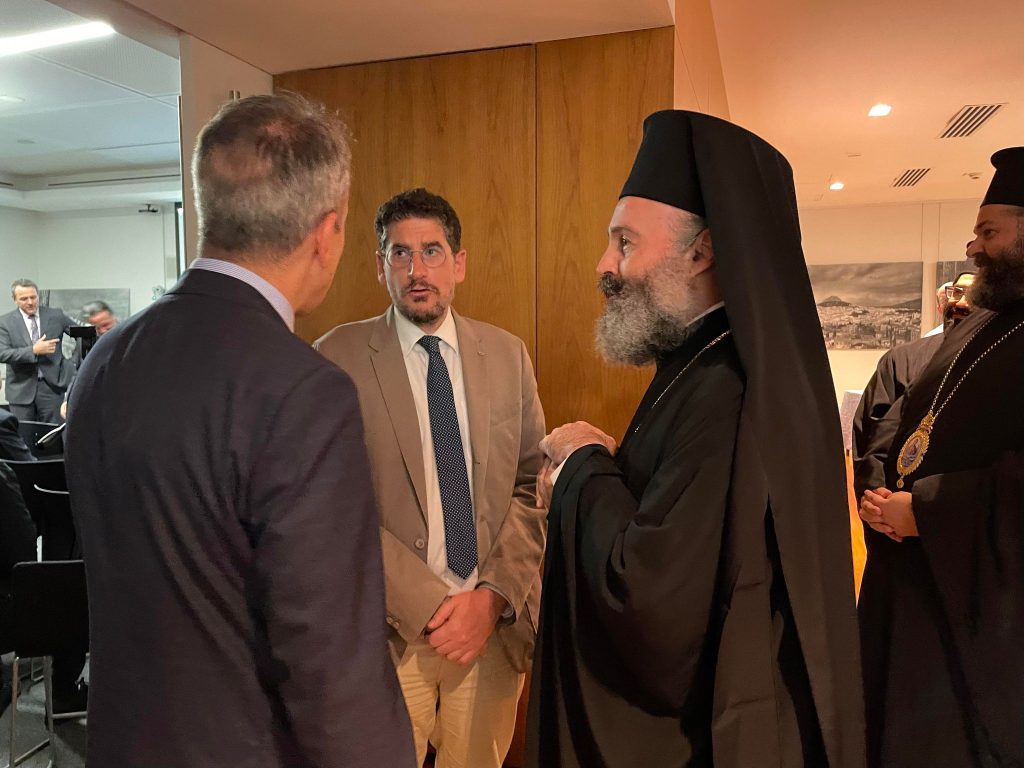
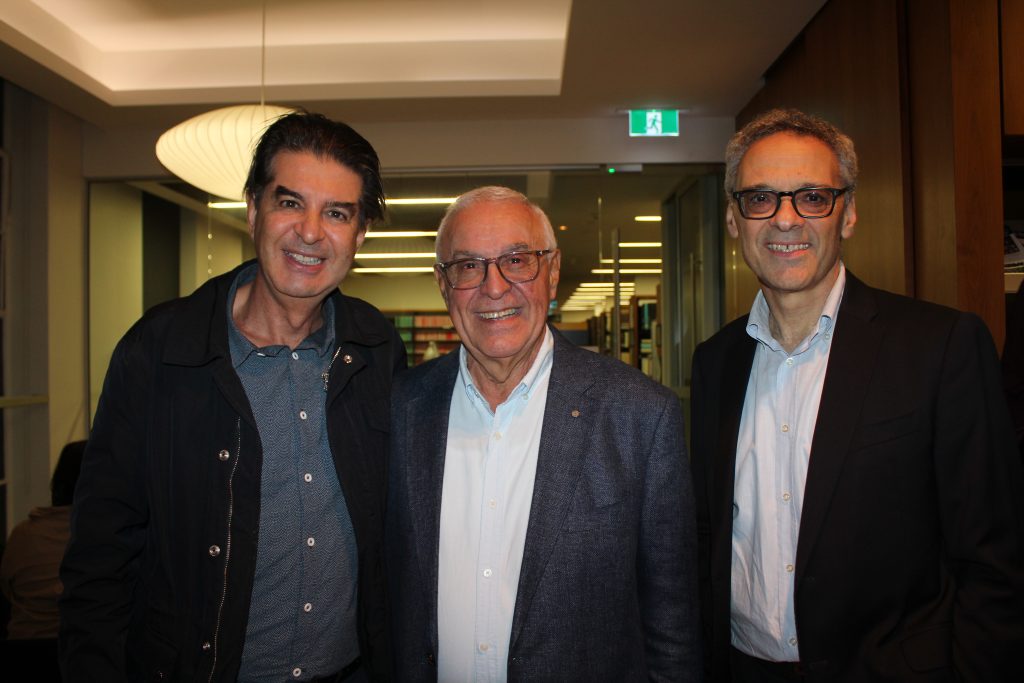
On the night, emcee Theodora Gianniotis gave an Acknowledgement of Country before introducing a number of guests to the podium to speak.
The Consul General spoke first and shared a personal story of how he met renowned historian Dr Saltiel and their shared idea to get the Greek community in Australia “acquainted with the story of the Greek Jews.”
“I think that today’s event is probably the most important thing that the Greek Consulate has organised, at least during my short stay here,” Mr Mallikourtis said. “The promise of ‘never again’ will be fulfilled only through the education of new generations.”
Mr Bark gave a small address next and stressed that the event was an “opportunity for us to reflect on the close friendship and relationship of the Greek and Jewish communities.”
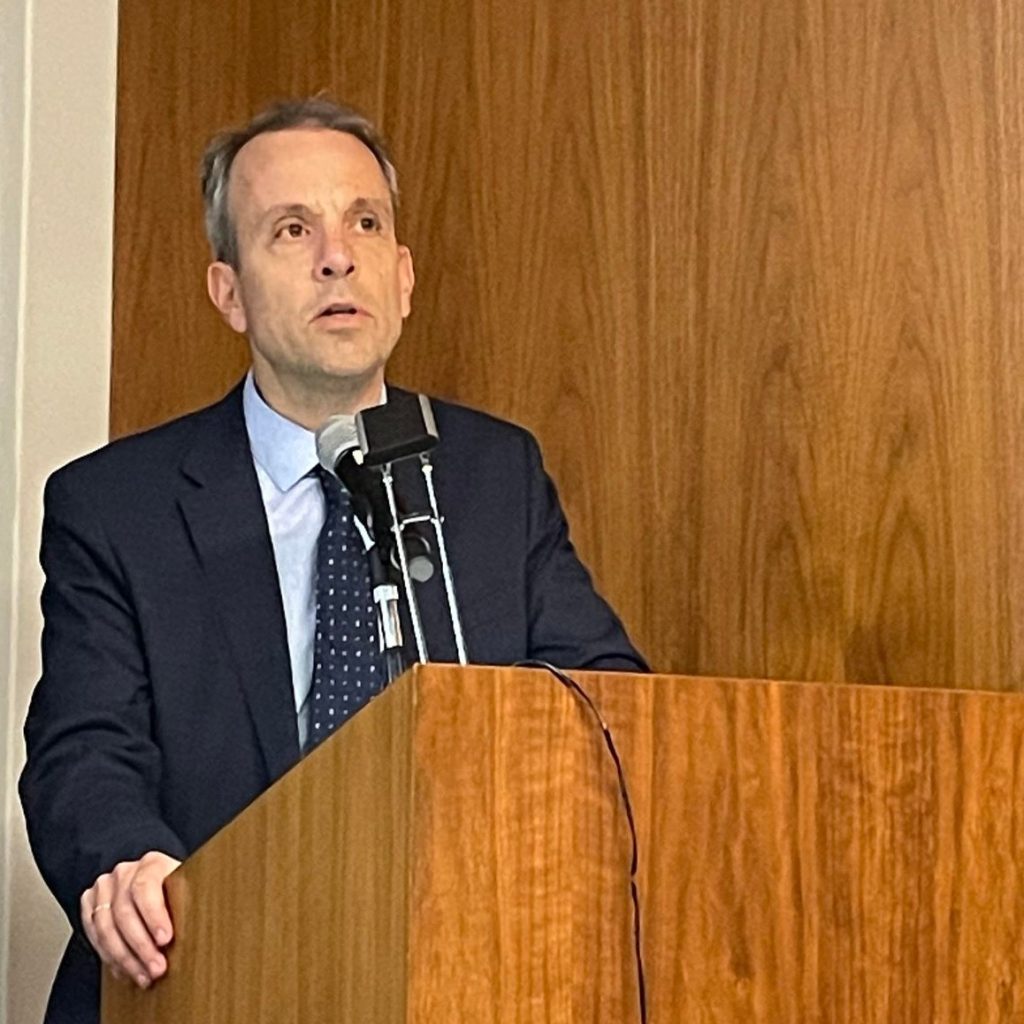
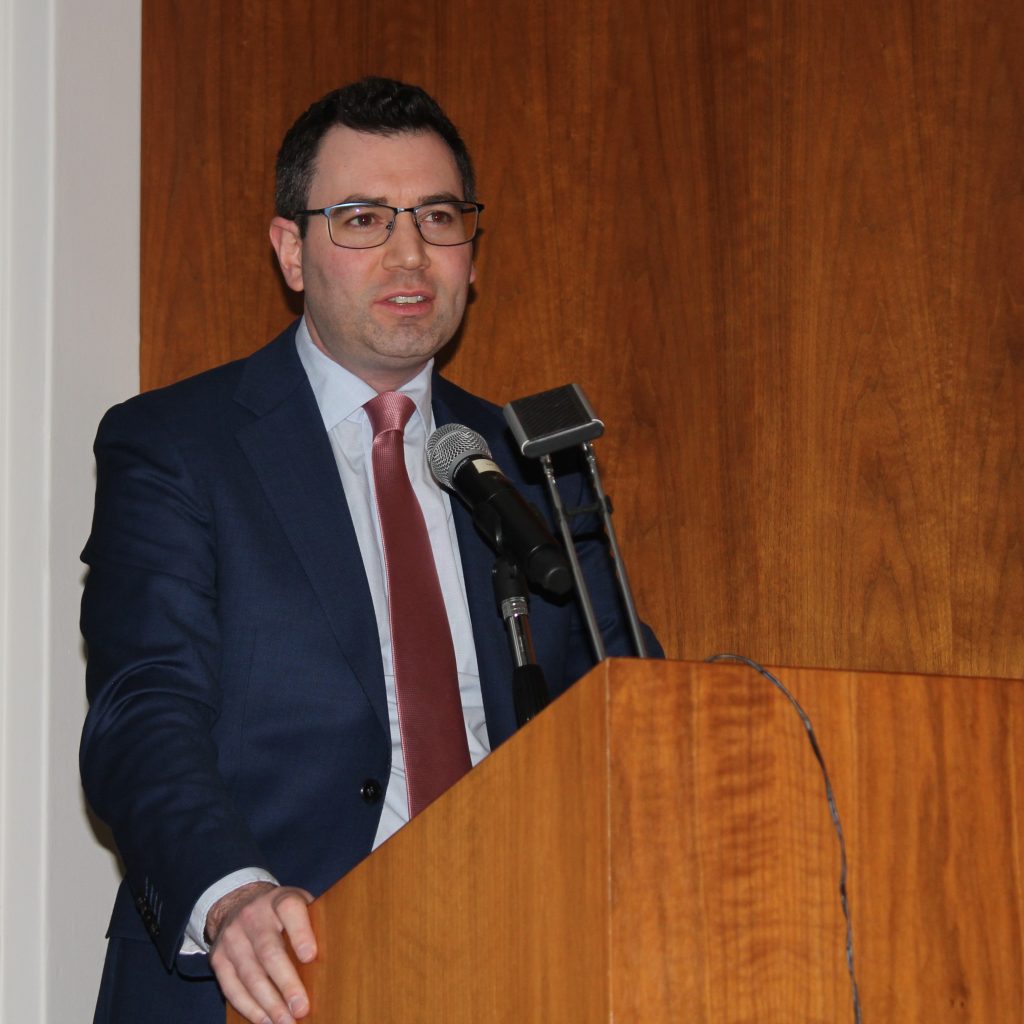
“Today there’s a Holocaust Museum in Thessaloniki, the ties between Greece and Israel grow stronger and stronger and the Jewish community is deeply grateful for your friendship, your compassion and solidarity,” Mr Bark said.
“By simply being here tonight, you’re each playing an important role in ensuring the world knows about the horrors of the Holocaust and importantly, learns from humanity’s darkest chapter.”
Archbishop Makarios gave the foreword for the event. In his address, the Archbishop gave multiple examples of courageous Greeks, including Metropolitan Joachim of Volos and Metropolitan Chrysostomos of Zakynthos, who saved the lives of thousands of Jews during the Holocaust with their brave actions.
“We must remember that any crime committed against another believer of any faith, let alone another human being, is ultimately an abomination and crime against God himself,” Archbishop Makarios added.
“For this reason, the hope is that we may continue to stand together in seeking ardently to rekindle the imprint of God’s image within the hearts of all people so that the world might be empowered to take choices that lead to light, peace and stability.”
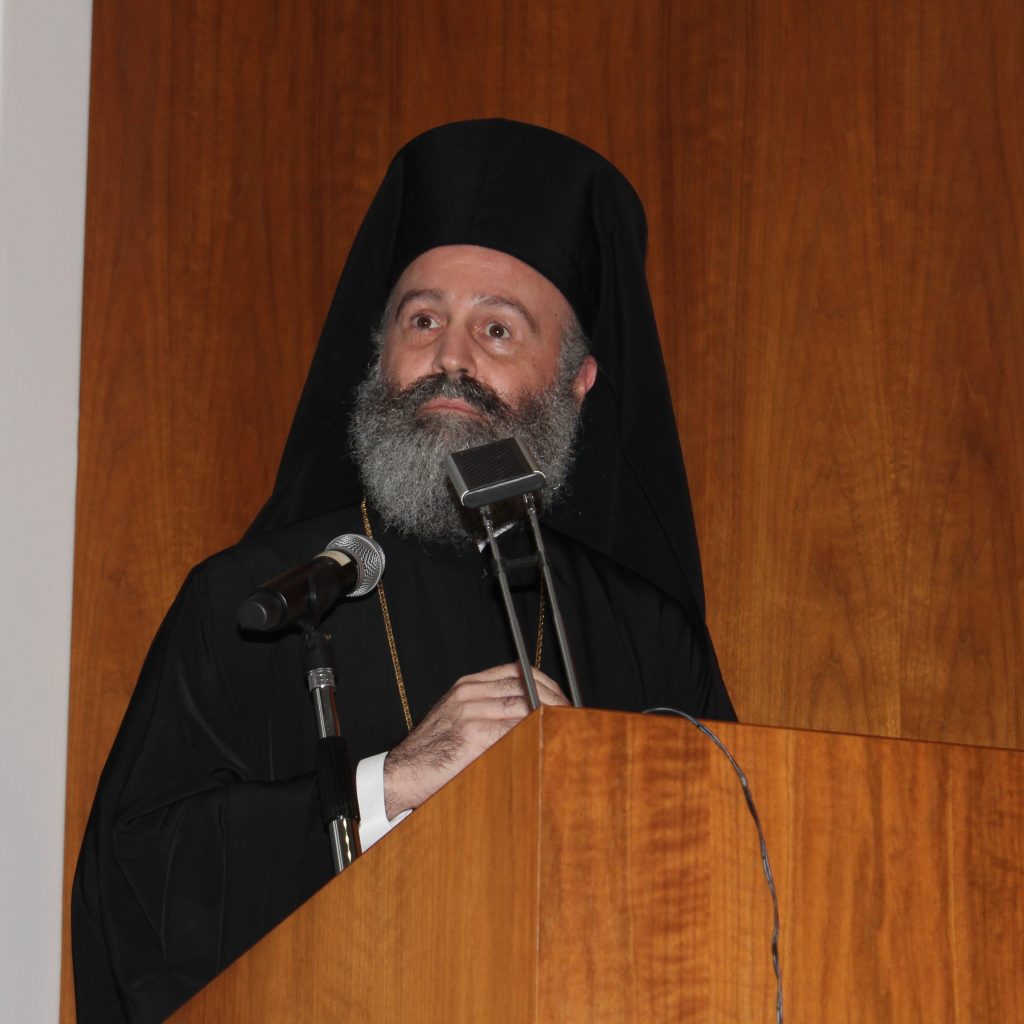
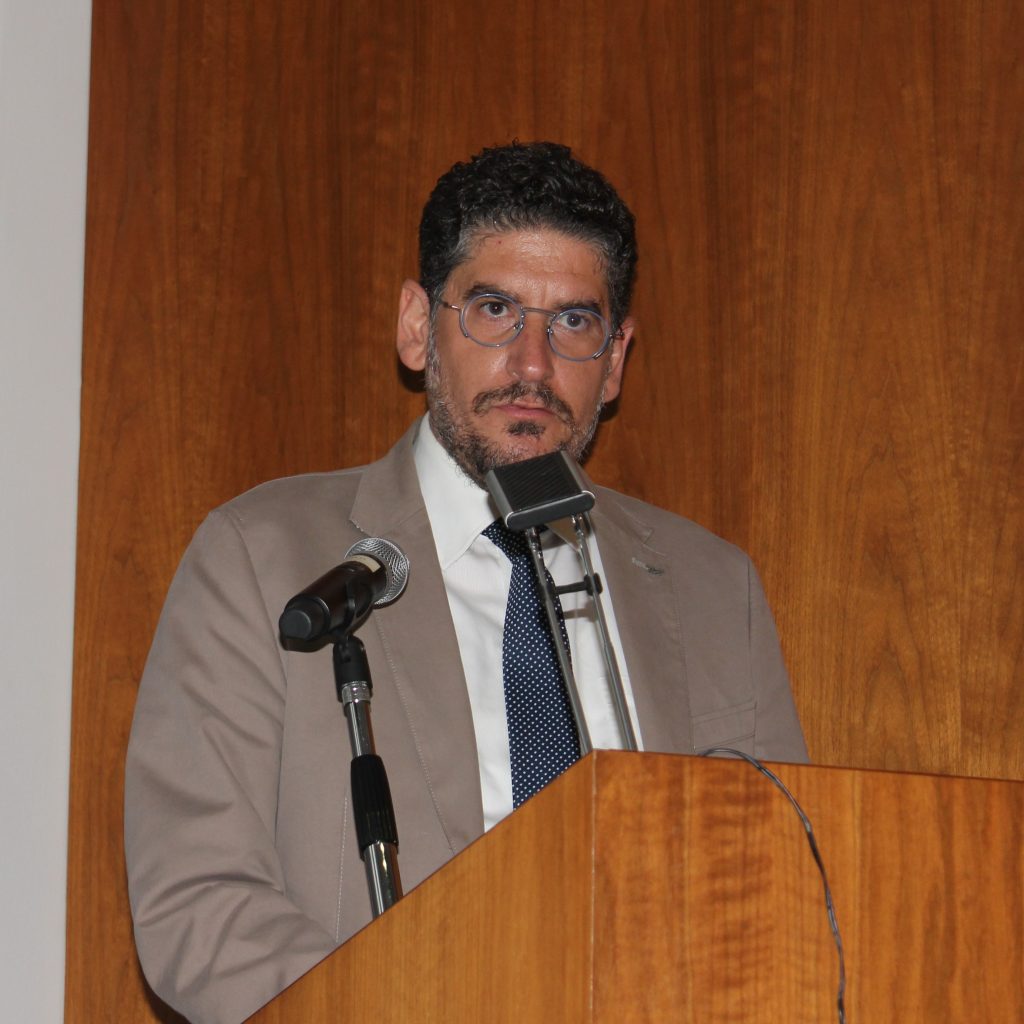
At the conclusion of the Archbishop’s foreword, Dr Saltiel approached the podium and began to give an informative lecture on how the Holocaust in Thessaloniki occurred, its impact, as well as the aftermath of this calamity for the Greek Jewish community.
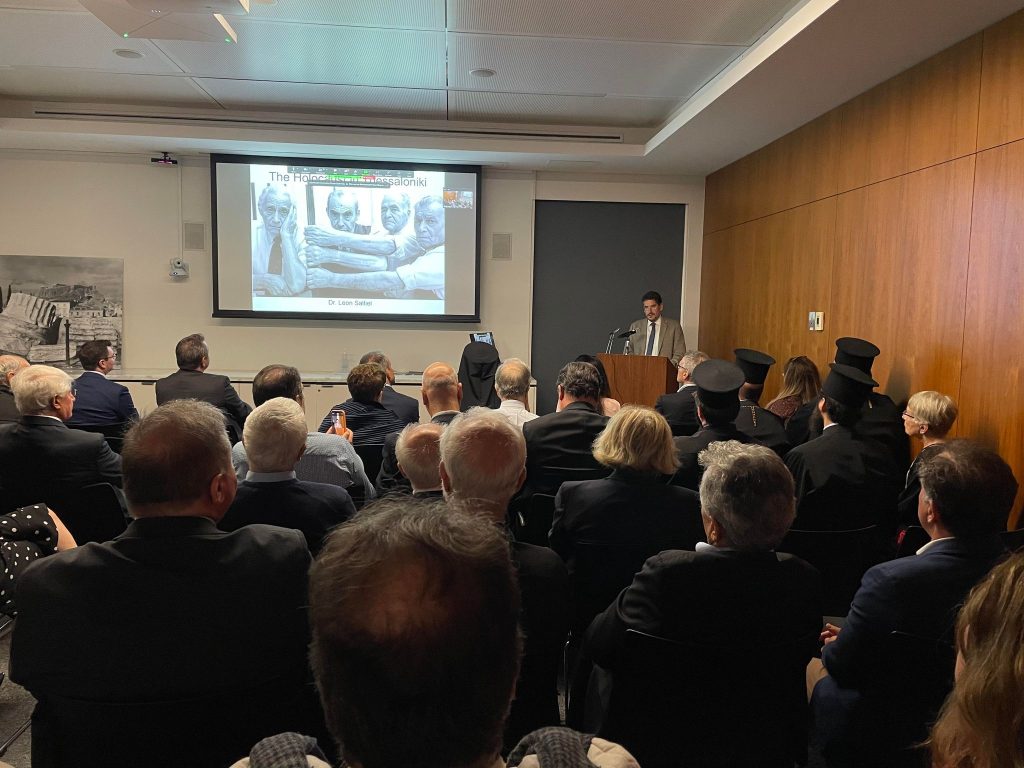
The lecture showcased how the Jews constituted a large percentage of Thessaloniki’s population and contributed to the social, economic, political and cultural life.
But almost 95 percent of the 50,000 Jews in Greece’s second largest city did not survive the war, most of them deported and exterminated in German-occupied Poland.
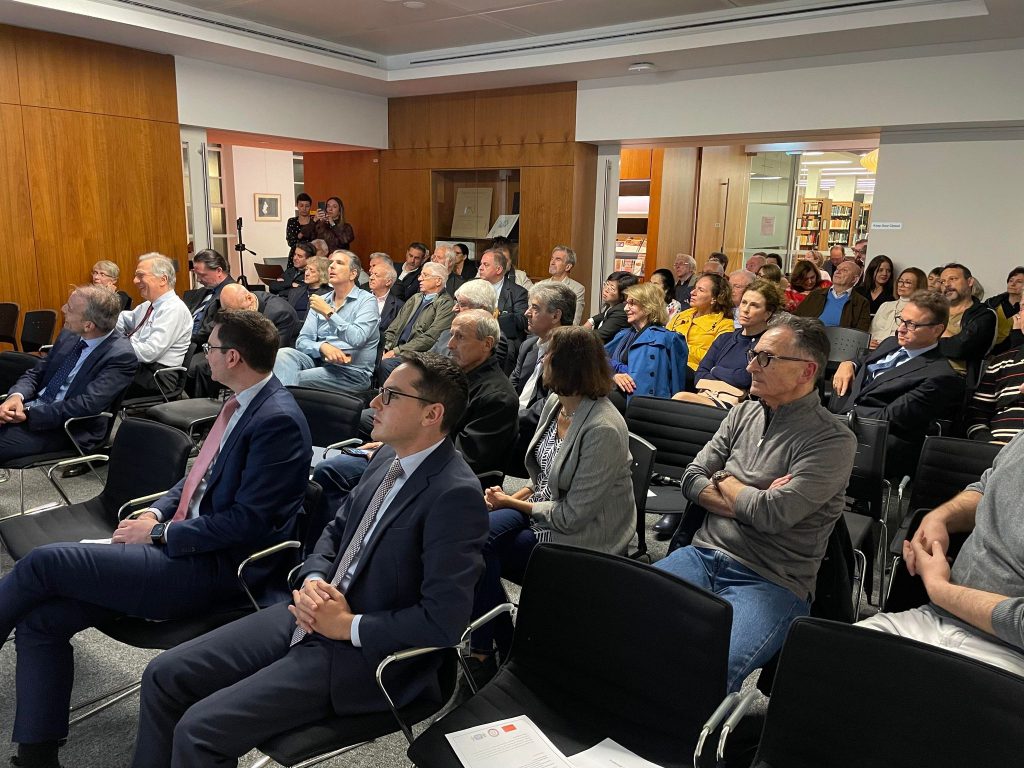
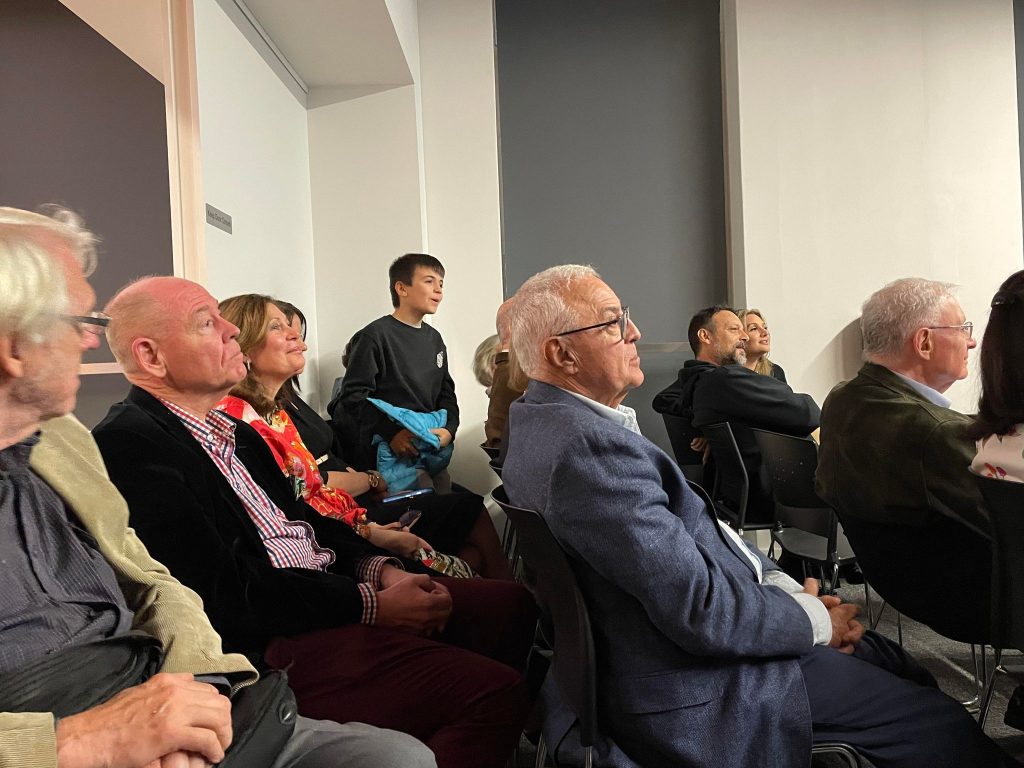
The lecture also included a video featuring Greece’s President Katerina Sakellaropoulou reciting from Dr Saltiel’s book ‘Do Not Forget Me’: Three Jewish Mothers Write to their Sons from the Thessaloniki.
At the conclusion of these formal proceedings, there was a Question and Answer section followed by light refreshments for everyone in attendance.
*All photos copyright The Greek Herald / Andriana Simos.

